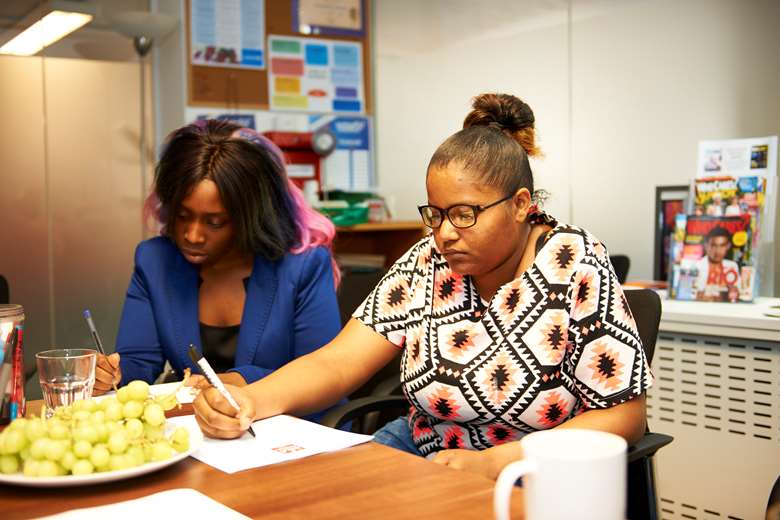Teachers making derogatory comments about children in care, study finds
Joe Lepper
Friday, September 28, 2018
Negative views of looked-after children are commonplace among teachers, with many labelling them "problem children", a survey has found.

Among more than 400 teachers surveyed, 87 per cent said they had heard at least one colleague express a negative view about looked-after children in their schools, with a third saying they heard such views often.
Three quarters had heard a colleague say that children in care are less likely to succeed in life, while 70 per cent had heard them referred to as "problem children".
Nearly half or those surveyed reported hearing a teacher say that children in care are less academically able and 13 per cent had heard a colleague say that it is the child's fault they are in care.
The survey has been carried out by children in care charities Become and Voices From Care Cymru for their report Teachers Who Care.
The report calls for better training for school staff to improve their understanding of the distinct needs of children in care, such as trauma and attachment issues. This training should also address what care is like and how to work with virtual school heads.
The survey found that the vast majority of teachers received no training about looked-after children before they qualified as a teacher, and a quarter had not had any training around looked-after children issues either before or after they qualified.
"As charities who work with young people in care every day, we know that looked-after children worry about what their teachers think of them, and fear being written off as 'difficult' or unlikely to succeed in life," states the report.
"Children in care can struggle at school because of their circumstances, whether that be pre-care trauma, or the disruption and instability of placement moves, and they know that sometimes teachers do not understand what they're going through.
"Teachers therefore need to be supportive and understanding, while also being ambitious for looked-after children and seeing that they have inherent potential equal to their peers."
The survey also reveals that teachers are keen to see more support from children's services in helping looked-after children in their school - 31 per cent said there was not enough support from social workers and 16 per cent said they'd like more help from children's services.
Among recommendations made by the two charities is for schools to invite social workers to meet with staff to explain their work and create opportunities for closer collaboration and information sharing.
The Department for Education funded What Works Centre for Children's Social Care is currently involved in an initiative to test out placing social workers in schools.




